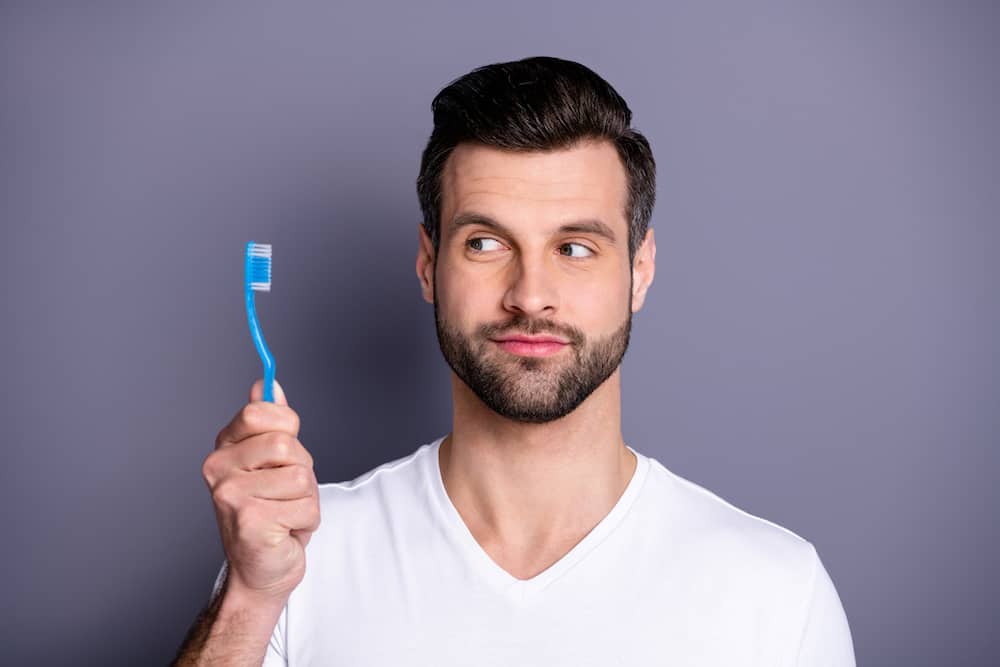Many people don’t give much thought to their toothbrush, but if you’re going to get the most out of your teeth-cleaning efforts, it’s definitely worth paying more attention. This is especially true when you have braces, since cleaning your teeth while in orthodontic treatment is extremely important. Here are some essential toothbrush facts to help you successfully clean your teeth during orthodontic treatment and beyond, including when to replace your toothbrush.
When to Replace Your Toothbrush
It’s easy to lose track of time when it comes to how long you’ve had a particular toothbrush. For the most part, it’s something that people casually add to their shopping lists once they notice their toothbrush looks unusable. But the ideal time to purchase a toothbrush and to add your old one to your housecleaning tools or trash can is around three months. Even though your toothbrush may seem relatively new, the bristles wear down over time and bacteria growth may become problematic after more than a few months.
Hard vs. Soft Bristles
So, what should you look for next time you head to the store to replace your toothbrush? Many people are under the impression they need to be tough on plaque to fully clean their teeth. However, choosing a hard-bristled toothbrush can end up being hard on your enamel and gums instead. This is why it is best to choose a soft-bristled toothbrush that will gently clean away plaque and food particles instead of damaging your teeth.
Electric vs. Manual Toothbrush
In addition to the bristle type, the issue of choosing between a manual and an electric toothbrush is also a hot topic. It used to be doctors recommended sticking to a manual toothbrush to clean teeth with braces, but more modern studies show that electric toothbrushes remove more plaque and bacteria. This is likely due to general improvements in electric toothbrushes over the decades. You can still effectively clean your teeth with a conventional toothbrush too, just remember to brush all surfaces of each tooth and to brush for around two minutes.
Should Your Toothbrush Be Wet or Dry?
Now for the real debate — should you wet your toothbrush before brushing? As heated as some people may get arguing about this on social media, the answer remains unclear. There are medical experts on both sides of this issue, so what you end up doing is really a matter of personal preference.
How to Store Your Toothbrush
The way you store your toothbrush when it is not in use is a very important way to avoid bacterial buildup and to make sure your teeth-cleaning routine is sanitary. Ideally, you should have a toothbrush holder that allows you to store it upright where the bristles can air out. Be sure to give it a good rinse after you are done using it and tap it dry before you place it in its holder.
By making note of these important toothbrush facts, you can be brushing like a pro in no time! Learn more about how to brush your teeth with braces by scheduling a free consultation here at Smith Orthodontics.






